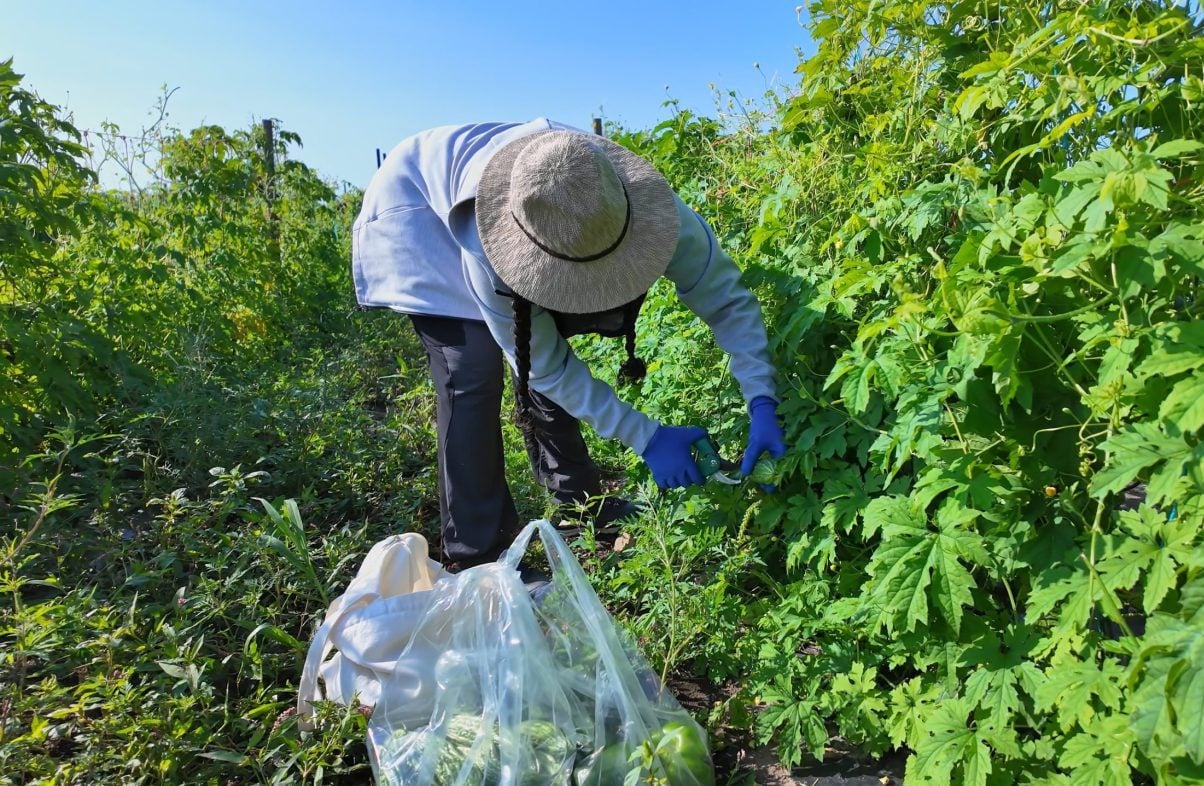Agriculture leaders say a federal tax on ‘underused’ housing is causing an unintended and undue burden on farmers.
“We urge the government to exempt farmers from the requirement to file a [underused housing tax] return,” said a letter sent to federal ministers.
The Canadian Canola Growers, Canadian Federation of Agriculture, Canadian Cattle Association, Ontario Fruit and Vegetable Growers, National Cattle Feeders, and Fruit and Vegetable Growers of Canada signed the letter, sent to ministers Lawrence MacAulay, Marie-Claude Bibeau and Chrystia Freeland on Aug. 16.
The underused housing tax (UHT) is an annual, one per cent tax on ownership of vacant or “underused” housing in Canada, the Government of Canada’s website says. It took effect at the beginning of 2022.
Read Also

Thirty-six employers banned from Temporary Foreign Worker program, federal agency says
In the last fiscal year, 36 employers were banned from the Temporary Foreign Worker program — a threefold increase from the previous year — the federal government said this week.
“The intent is to impose an annual one per cent tax on vacant or underused housing in Canada that’s owned directly or indirectly by persons who are not Canadian citizens or permanent residents,” said Kurt Oelschlagel, BDO partner and national agriculture tax leader, in an April report in Farmtario.
However, while Canadian citizens and permanent residents are exempt from the tax, many corporations are not.
“If you operate your farm through a Canadian corporation or partnership and it owns a residential property, you will be required to file a UHT return, even if no UHT is owed due to applicable exemptions,” Oelschlagel said. “Non-filing can result in substantial financial penalties.”
In the letter, the groups said that the UHT filing requirement is having a negative impact on farmers because many own multiple homes because they bought, leased or inherited farmland with a house on it, or because they house temporary foreign workers.
Bunkhouses and mobile homes, often used to house workers, are exempt however many accommodations still require filing, the letter said.
“Many farm employers have been moving towards higher quality housing for their foreign employees such as detached houses,” it added. Since UHT filing is required for these, it effectively penalizes higher-quality housing for workers, the groups said.
“While we recognize this tax provides an exemption process for which farmers can apply, the professional fees (i.e., accountants) to complete the exemption application can be significant and are simply one more burden upon farmers who are already facing increasing input costs, energy costs and regulatory requirements,” the groups said.
In the letter, the ag groups asked the federal government to exempt farmers from the requirement to file a UHT return without requiring them to apply for this exclusion.
















